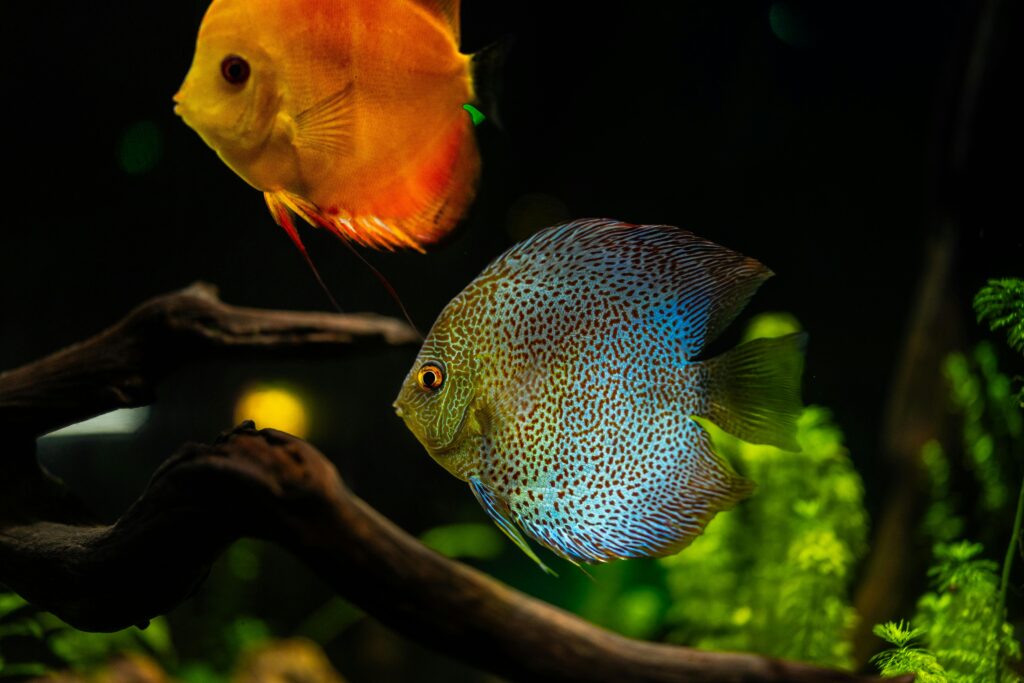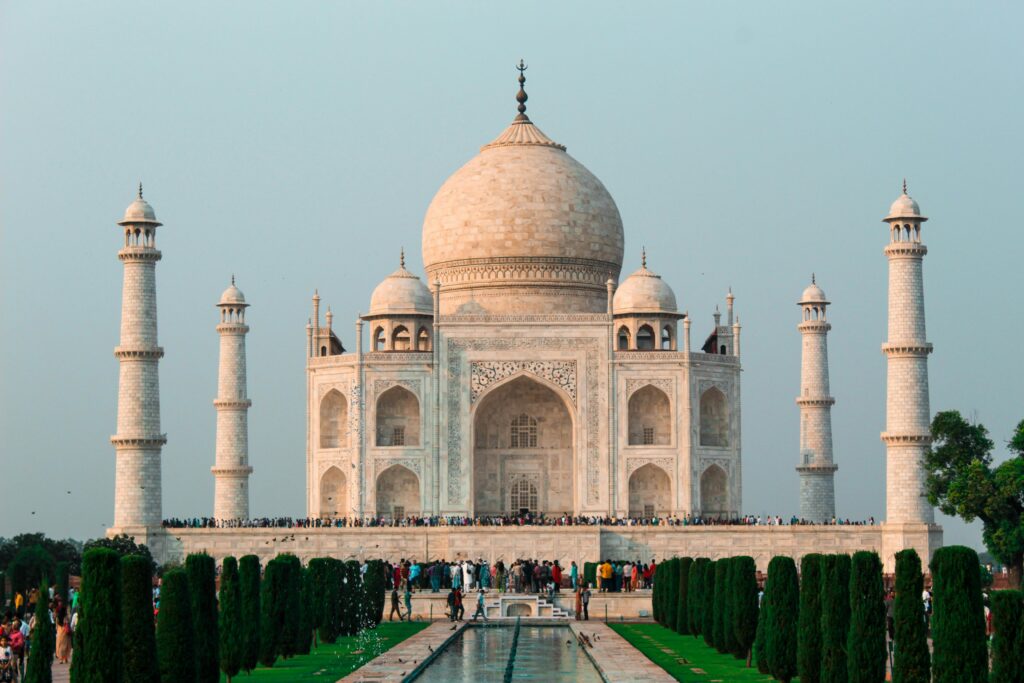Biodiversity is the world’s variety of life, meaning that it comprises all living organisms, from plants, animals, fungi, and microorganisms to the ecosystems in which they live. These living things are crucial for the health of our planet and the survival of humanity. However, biodiversity faces extreme threats through habitat destruction, climate change, pollution, and the overexploitation of natural resources. This calls for actions toward protecting it in order to assure a sustainable future.
Ecological Balance and Ecosystem Services
Biodiversity is essential in maintaining ecological balance. It means that each species, regardless of its size, has a specific function in an ecosystem. For instance, pollinators like bees and butterflies facilitate crop production; predators such as wolves and lions maintain populations of their prey species to make an ecosystem stable.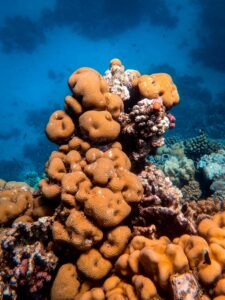
Biodiversity provides crucial ecosystem services. These include provisioning services like food, water, and medicines, to name a few; regulating services such as climate regulation, flood control, and prevention of disease; cultural services like recreation and spiritual enrichment; and supporting services, which include soil formation and nutrient cycling. A 2019 report by the Intergovernmental Science-Policy Platform on Biodiversity and Ecosystem Services (IPBES) revealed that more than 75% of the world’s food crops rely on animal pollination, thereby highlighting the economic and ecological importance of biodiversity.
Economic Importance
Biodiversity significantly contributes to the global economy. The pharmaceutical industry falls among those industries depending heavily on natural resources in developing drugs. Close to 70% of the drugs that chemists manufacture can be traced back to their natural origins. Fishery, forestry, and agriculture depend on diverse species to remain productive and resilient. The World Bank postulates that globally, annual proceeds from ecosystem services, like pollination and water purification, amount to about $125-$140 trillion, which is 1.5 times the global GDP.
Cultural and Aesthetic Value
Other than being practically valuable, biodiversity enhances human life through cultural and aesthetic value. Many cultures have considerable respect for specific species or landscapes and incorporate them into their traditions, art, and folktales. National parks and wildlife sanctuaries, which attract millions of tourists annually, are testimony to humans’ natural affinity towards nature. For instance, ecotourism was estimated at over $600 billion in 2022. In this way, biodiversity assists livelihoods but also increases environmental awareness.
Threats to Biodiversity
Biodiversity is decreasing at an alarming rate despite its immense value. According to the Living Planet Report 2022 by WWF, it is estimated that wildlife populations are reduced by about 69% since 1970. Chief causes of habitat destruction include deforestation, urbanization, and agricultural purposes. Other causes include climate changes, which can affect ecosystems due to species movement or extinction.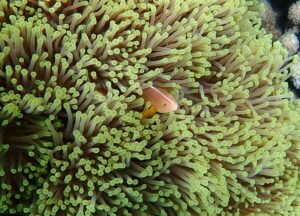
Steps Toward Biodiversity Protection
Preserving biodiversity should be an individual, collective, and governmental effort. Major actions include
Conservation Practices: Protected area setup in the national parks and wildlife sanctuaries to conserve habitat and species
Eco-friendly practices such as agriculture, fishing, and forestry reduced degradation.
Educated and aware communities that know the value of biodiversity will handle resources better.
Global Cooperation: Programs such as the United Nations Convention on Biological Diversity seek to encourage international cooperation to stop biodiversity loss.
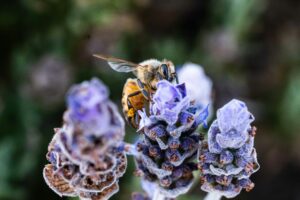
Conclusion
Biodiversity is the bedrock of life on Earth. This provides the necessary services to help ecosystems and human societies to flourish. Loss of it threatens our very existence and therefore our survival. Valuing and protecting biodiversity does not only benefit the natural world but also leaves future generations with a better, more resilient future. As the custodians of this planet, we have to take decisive steps so that this web of life never breaks.

